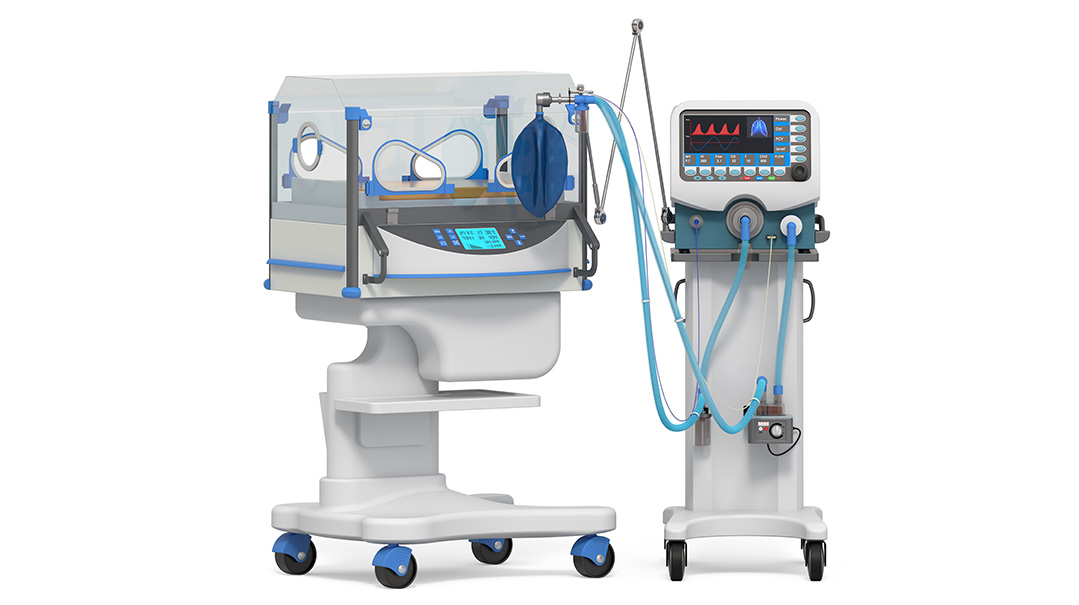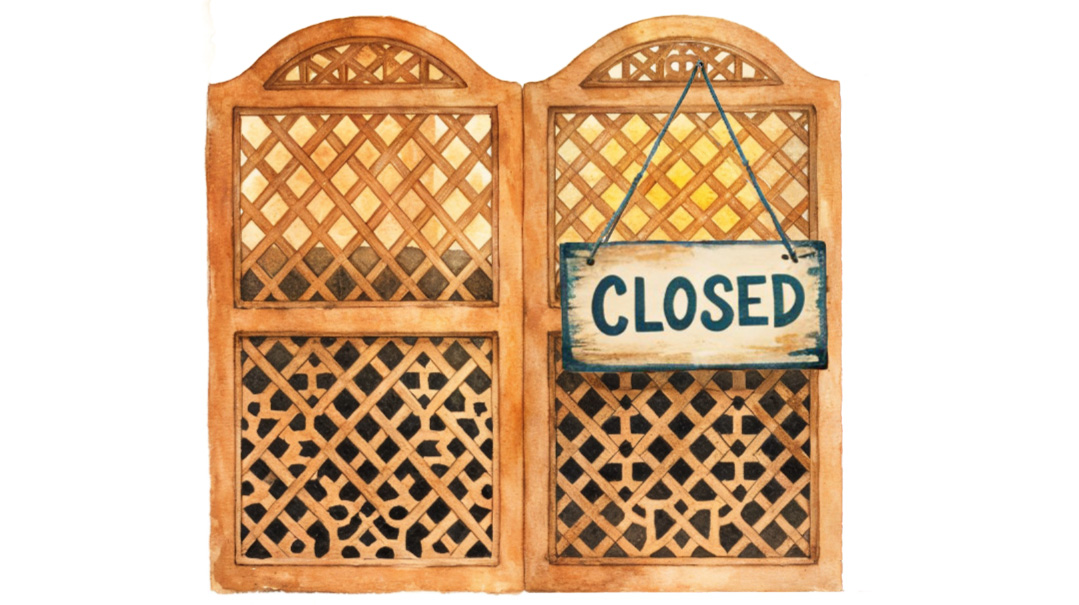NICU Reality Check
| June 22, 2021“You’ll see,” she said in a soft, melodic voice. “This will be motherhood, just a different kind"

My time in the NICU with my premature son much followed the same routine during the 14+ weeks of our stay. Arrive in the morning with my gray hospital tote, head into my son’s room, give him a quick good morning, look over his charts, and head off to pump. Finish pumping, head back to his room, apply Purell, put on a disposable hospital gown if the nurse insisted, and take him out of his bassinet, trying to stay clear of his tubes, be they a respirator tube, IV, feeding tube, oxygen cannula, or whatever he was decked out with depending on the medical crisis of the day.
I would hold him for a while, our tiny boy who arrived two months early, schmooze with the other mothers, check if the vending machine was stocked with cinnamon Danishes, pump again, and then it was time to head home to face the rest of the gang.
The baby had suffered brain damage in utero, and combined with his prematurity, his medical and developmental progress didn’t pose a pretty picture. He suffered from seizures which eventually got under control even after stopping medication, but he displayed no ability to eat, needed suctioning for excess oral secretions, had very high muscle tone, and often appeared sluggish or was sleeping.
While we initially hoped his issues wouldn’t be too severe, as time passed and his medical precariousness and developmental limitations became more and more apparent, I became more and more discouraged. Sitting in the NICU watching the other babies get stronger, move into the intermediate section, and transition from nasogastric feeding tubes to bottles, led to a certain feeling of isolation. I was the mother of the baby who returned to Intensive Care twice after leaving (and indeed was discharged from there!), who needed a G-tube put in to enable long-term tube feeding.
There were a few other weather-beaten mothers with whom I felt a strong sense of solidarity, but with many of the others, I felt a distance because of our disparate experiences.
Oops! We could not locate your form.







